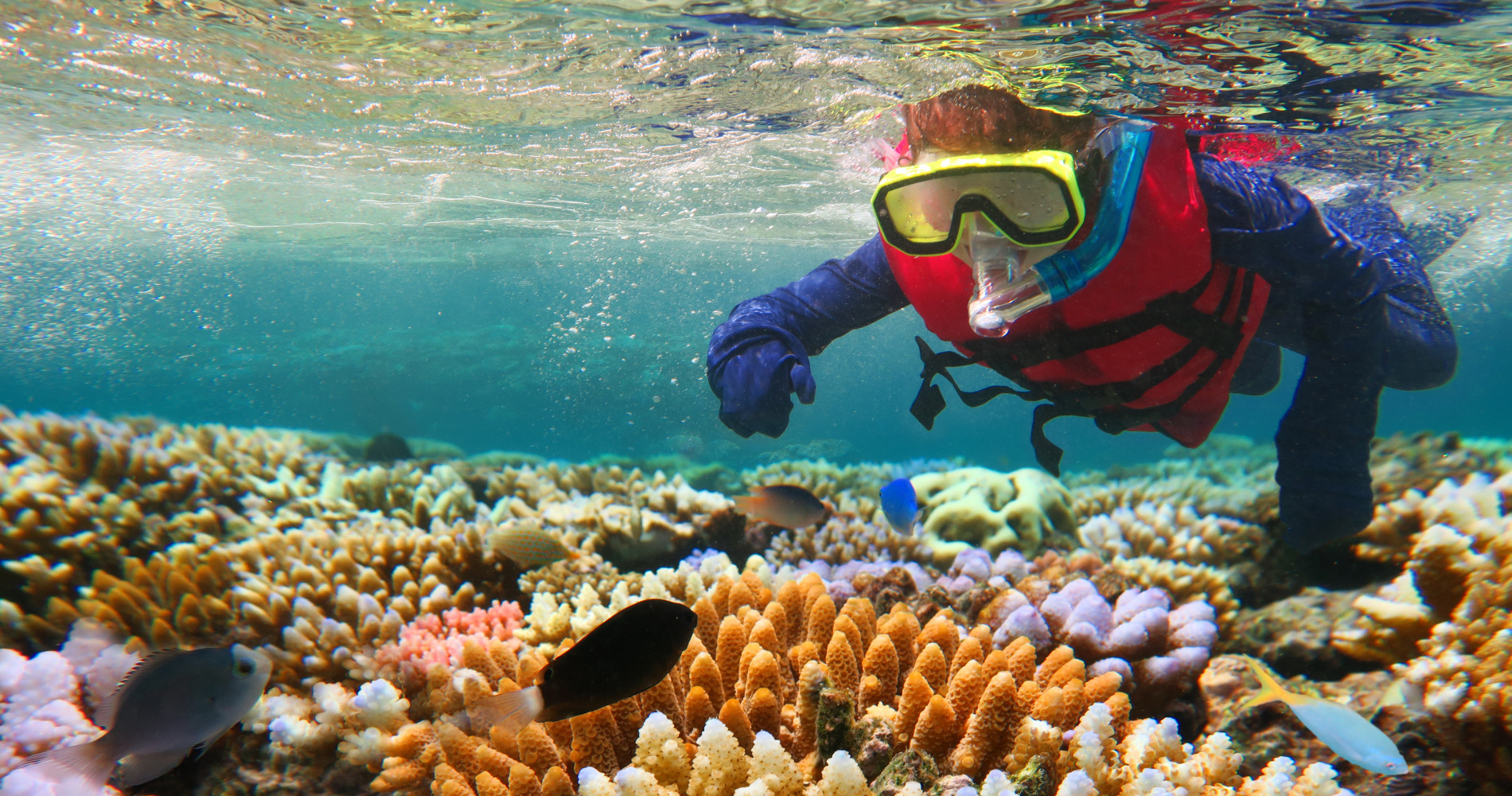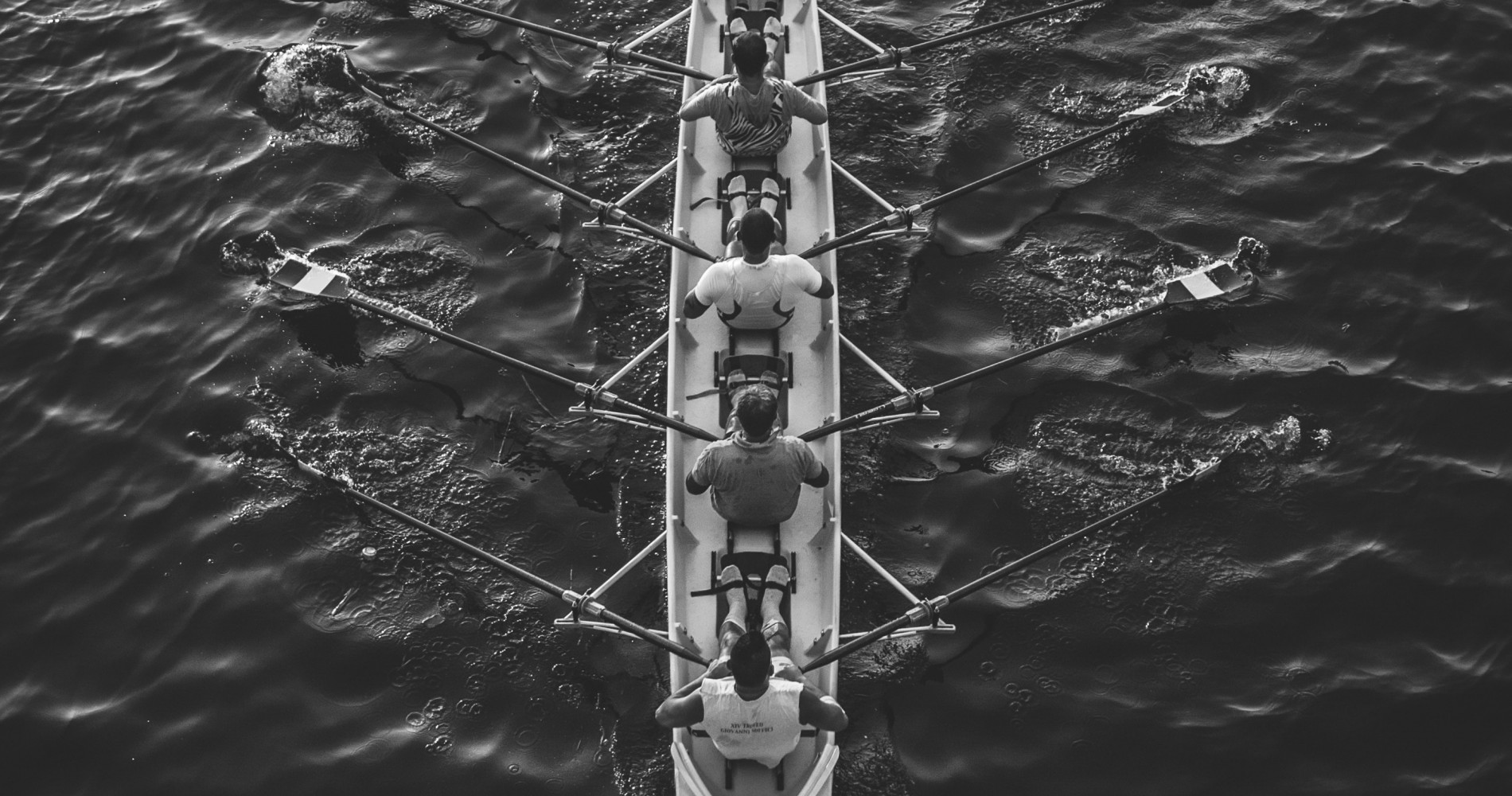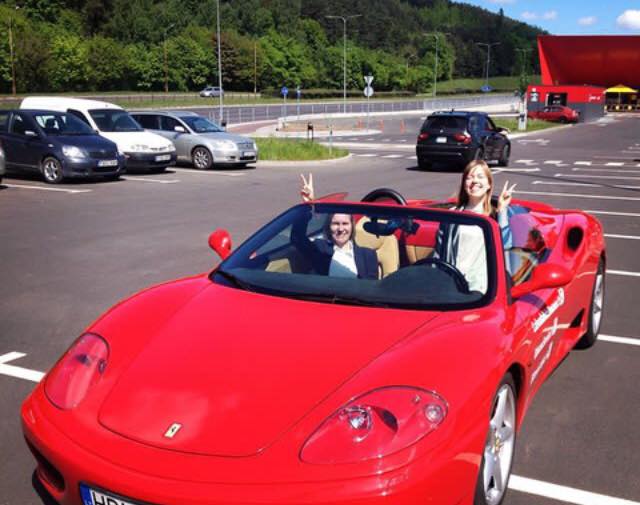Are we approaching “Peak Stuff”?
Recent research indicates that around 78% of millennials, loosely defined as people born between the late-80s and early-00s, now prefer to spend their money on experiences instead of material possessions.
It’s a phenomenon that now has a name – The Experience Economy – and more people than ever before are buying into it.
This is something that Tinggly have been championing for some time now – in fact it’s the ethos behind our company. Sharing an experience can often be far more fulfilling than just getting more stuff. The anticipation of the activity, and the memories associated with it afterwards, are the real measures of happiness.
Experiences can be as simple as going out for dinner with friends or going to an immersive cinema evening, or as dramatic as scuba diving the Great Barrier Reef or taking a hot air balloon flight over the pyramids.

Why People Choose Experiences Over Things
Creating and sharing experiences is a way of finding meaning and identity in life. A new smartphone may look nice and have lots of cool functions, but it’s never going to be a part of you in the way that your memories are. Success is now being redefined as how happy you are, rather than how big your house is or how much money your car cost.
Experiences help people to spend time with friends and family, or get to know strangers with similar interests to their own. This also helps to build and strengthen relationships. The experience economy is less about having things as it is about being a part of something bigger.
It’s often said that during periods of economic downturn, the last things that people will sacrifice are spending on their children, and taking their holidays. Holidays are particularly relevant, as experiences often tie in nicely with a person’s travel plans. Tinggly curates a portfolio containing hundreds of incredible experiences around the world that can help travellers to get more from their family holidays, honeymoons, gap years and business trips. It’s all about giving someone the gift of choice. 
The world is a lot different than it was 20 years ago, smaller in many respects. The rapidly growing Experience Economy is just one reflection of how people are finding new ways to connect, see the world and enjoy their lives.
